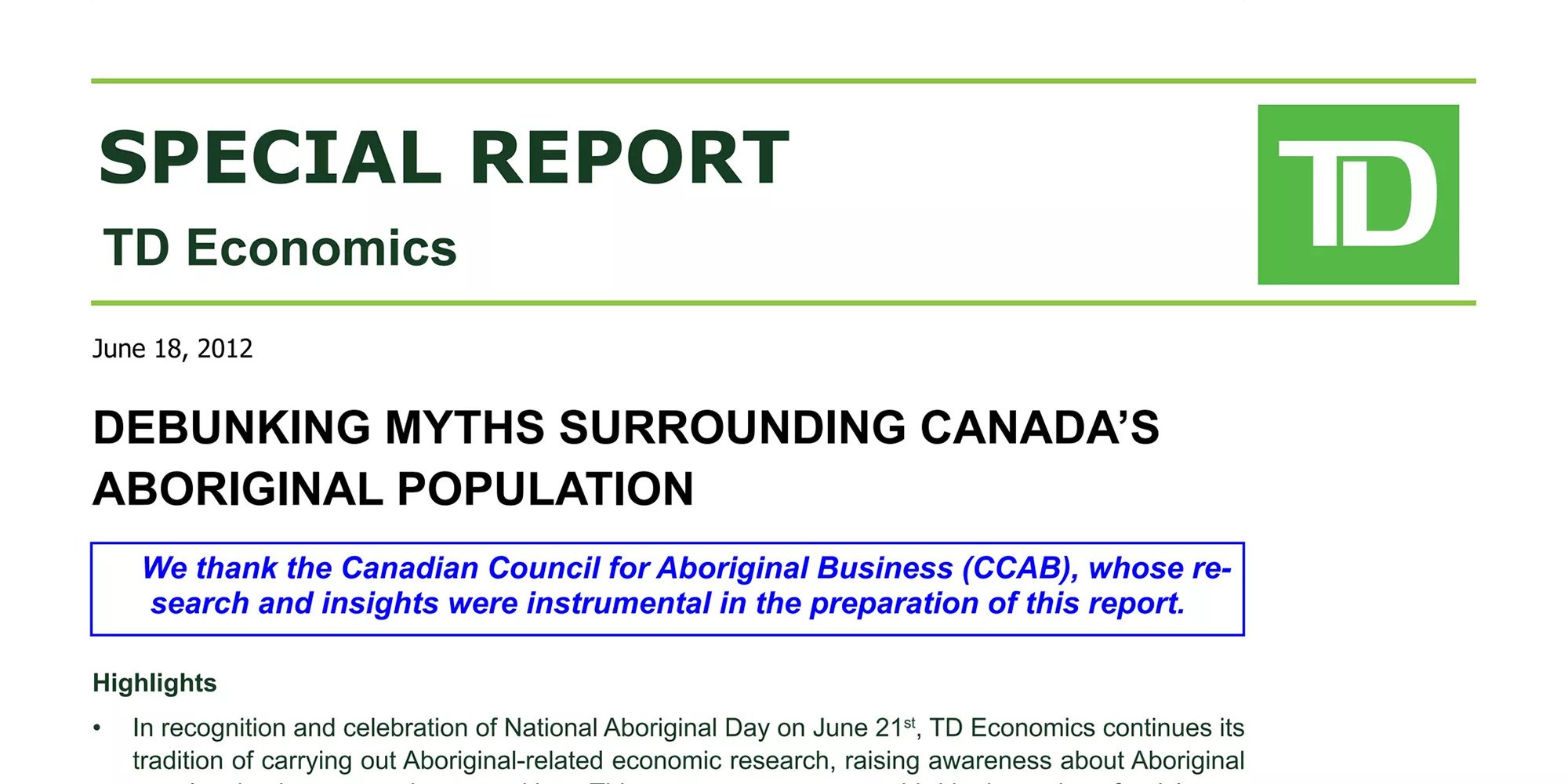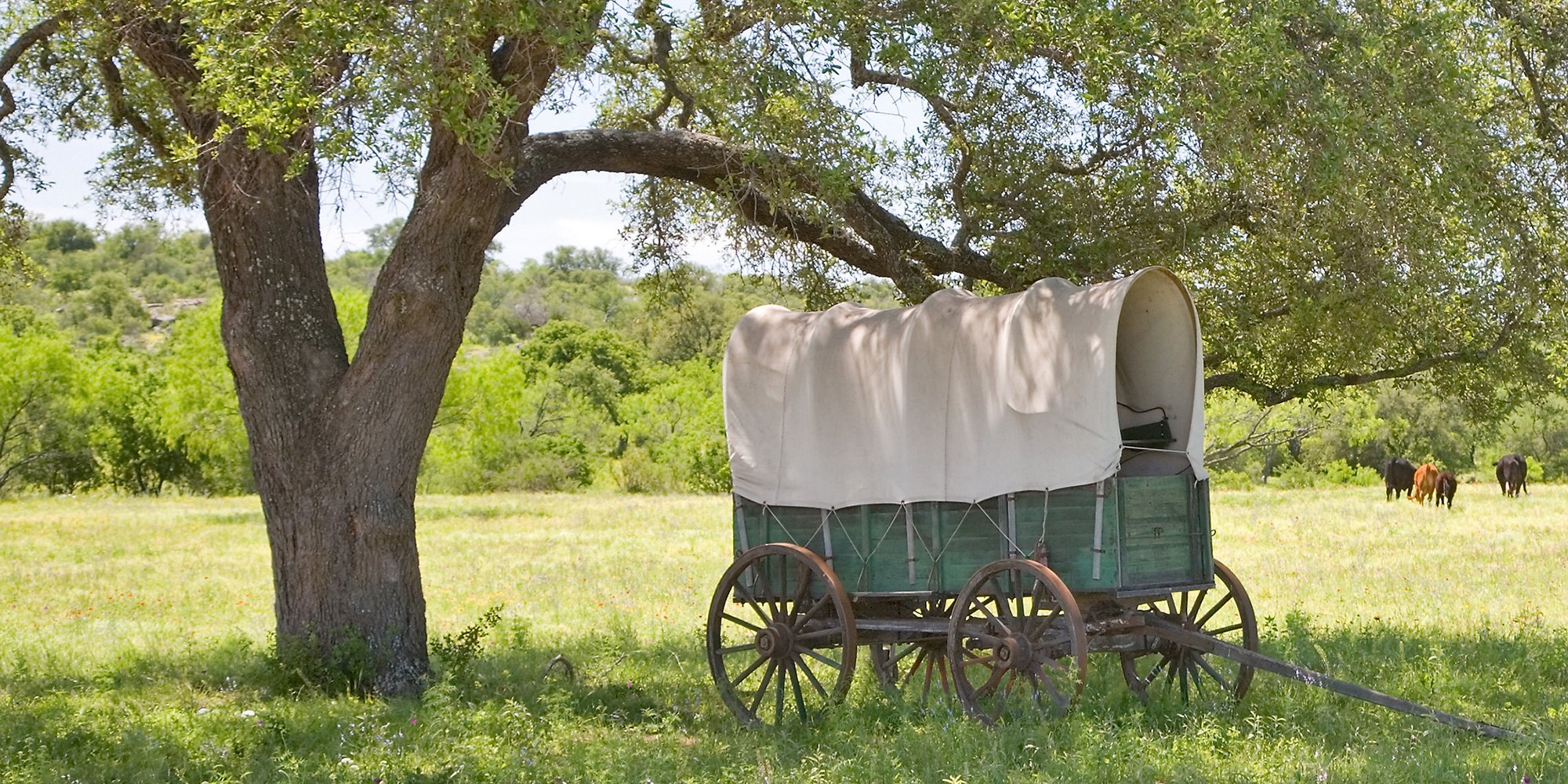Duncan McCue: Mainstream Media and Reconciliation
The Commission believes that in the coming years, media outlets and journalists will greatly influence whether or not reconciliation ultimately...
"The art of consensus decision making is dying. We are greatly concerned that Aboriginal people are increasingly equating ‘democracy’ with the act of voting ...[W]e are convinced that the practice of consensus decision making is essential to the culture of our peoples, as well as being the only tested and effective means of Aboriginal community self-government." [1]
In 1869, under An Act for the Gradual Enfranchisement of Indians, the Better Management of Indian Affairs, and to Extend the Provisions of the Act, a new regime of leadership selection by election was imposed on Indigenous communities. Prior to that leadership in Indigenous communities was not something determined by a popular vote - it was earned, learned and/or inherited from within families, clans and nations.
In some communities, hereditary leadership is passed through the patriarchal line while in others a matriarchal line. Children born into hereditary lineage still had to earn the right to be the leader and learn how to be a leader. The potential future leader was prepared from an early age for the responsibilities of leadership which could include (but not limited to) mediator, hunter (economic leader), spiritual advisor and role model.
The imposed elected chief and council system undermined traditional leadership selection, divided communities, and created a situation in which the chief was elected by the community but who was, in essence, an agent of the federal government as it is to the federal government that elected chiefs are accountable.
The selection of leader by election additionally began eroding the tradition of consensus style decision making which requires the leader (as mediator) to guide community members to cooperatively make decisions in the best interests of the community, to synthesize the wisdom of the community as a whole. Issues are raised, discussed, and resolved as the community moves towards a consensus. It is a non-confrontational, gradual process that usually took time.
Consensus is not the same as unanimity. Consensus means a group or community arrives at a consensus by listening to the opinions and concerns of others - they work towards a suitable decision. Not everyone is necessarily pleased with the outcome but they realize it is the best decision for the community. Unanimity requires that everyone involved agrees.
"Peter Ochise ... said seven twice is eight ... .It’s taken me some time to grasp what he meant. Seven perspectives blended, seven perspectives working in harmony together to truly define the problem, truly define the action that is needed makes for an eighth understanding. It’s a tough lesson that we don’t know all the answers, we don’t know all the problems. We really own only one-seventh of the understanding of it and we only know one-seventh of what to do about it. We need each other in harmony to know how to do things ... .This process that we had was 100 per cent ownership of the problem." [2]
There is much diversity in traditional systems of Indigenous governance but the principle of consensus was a common foundation. As more and more communities make the decision to step away from the Indian Act and return to self-government it is possible, and maybe even likely, that consensus style decision making, in some form, will also be making a return.
So, in terms of Working Effectively with Indigenous Peoples®, keep in mind that reaching a decision can take time if the community is struggling with traditional and elected modes of arriving at decisions.
Here’s another article that provides insight into the complexity involved in decision making:
[1] Report of the Royal Commission of Aboriginal Peoples, 1966, Vol. 2, page 129
[2] ibid

The Commission believes that in the coming years, media outlets and journalists will greatly influence whether or not reconciliation ultimately...

Debunking Myths Surrounding Canada's Aboriginal Population was released by TD Economics on June 18, 2012. In the Special Report by TD Economics, the...

Earlier this year, I wrote about Kevin O’Leary, a business commentator and co-host of The Lang & O’Leary Exchange, unwisely using the term “Indian...